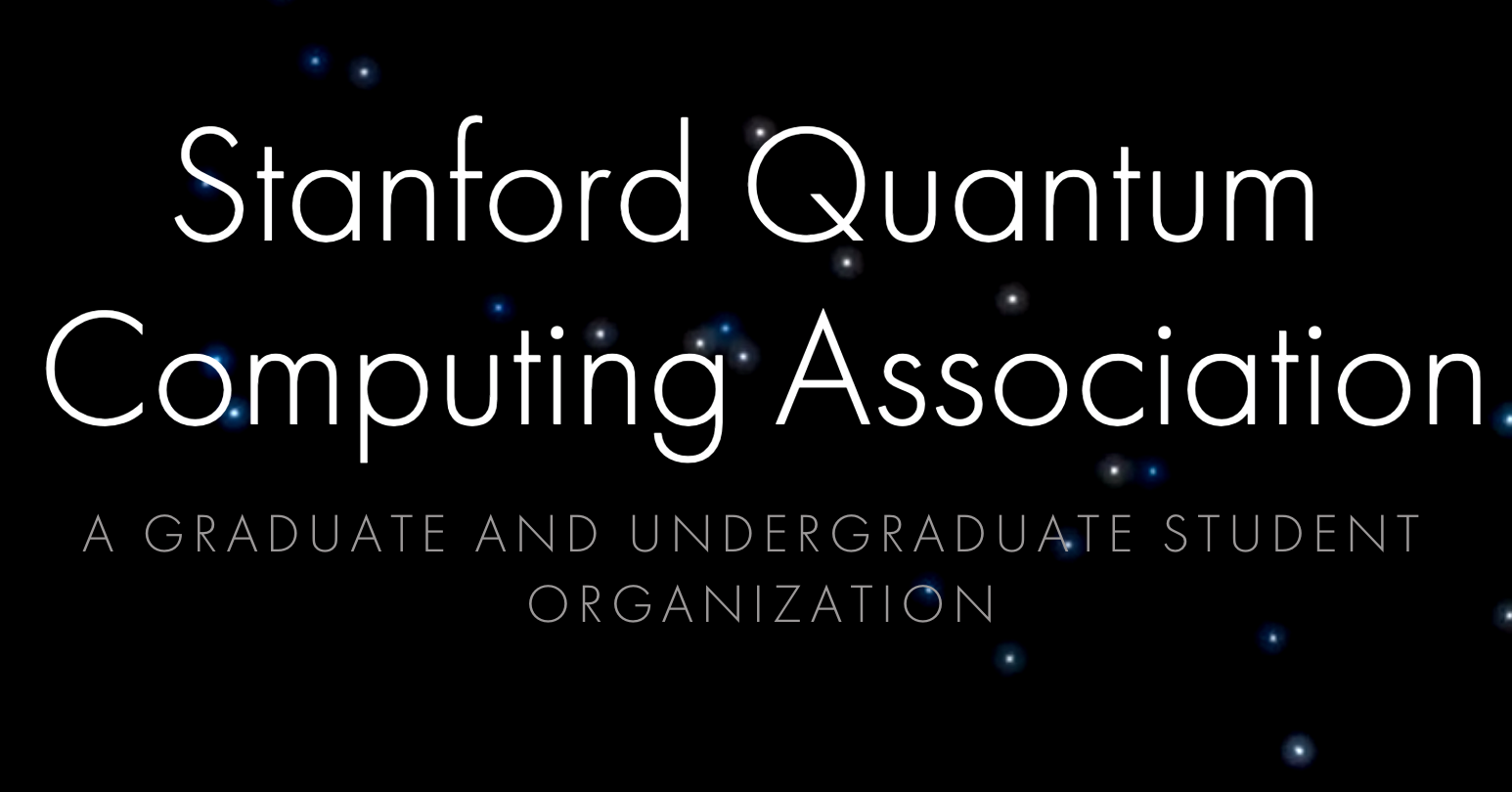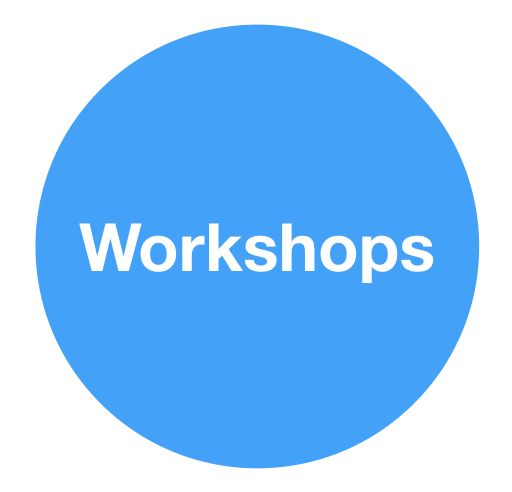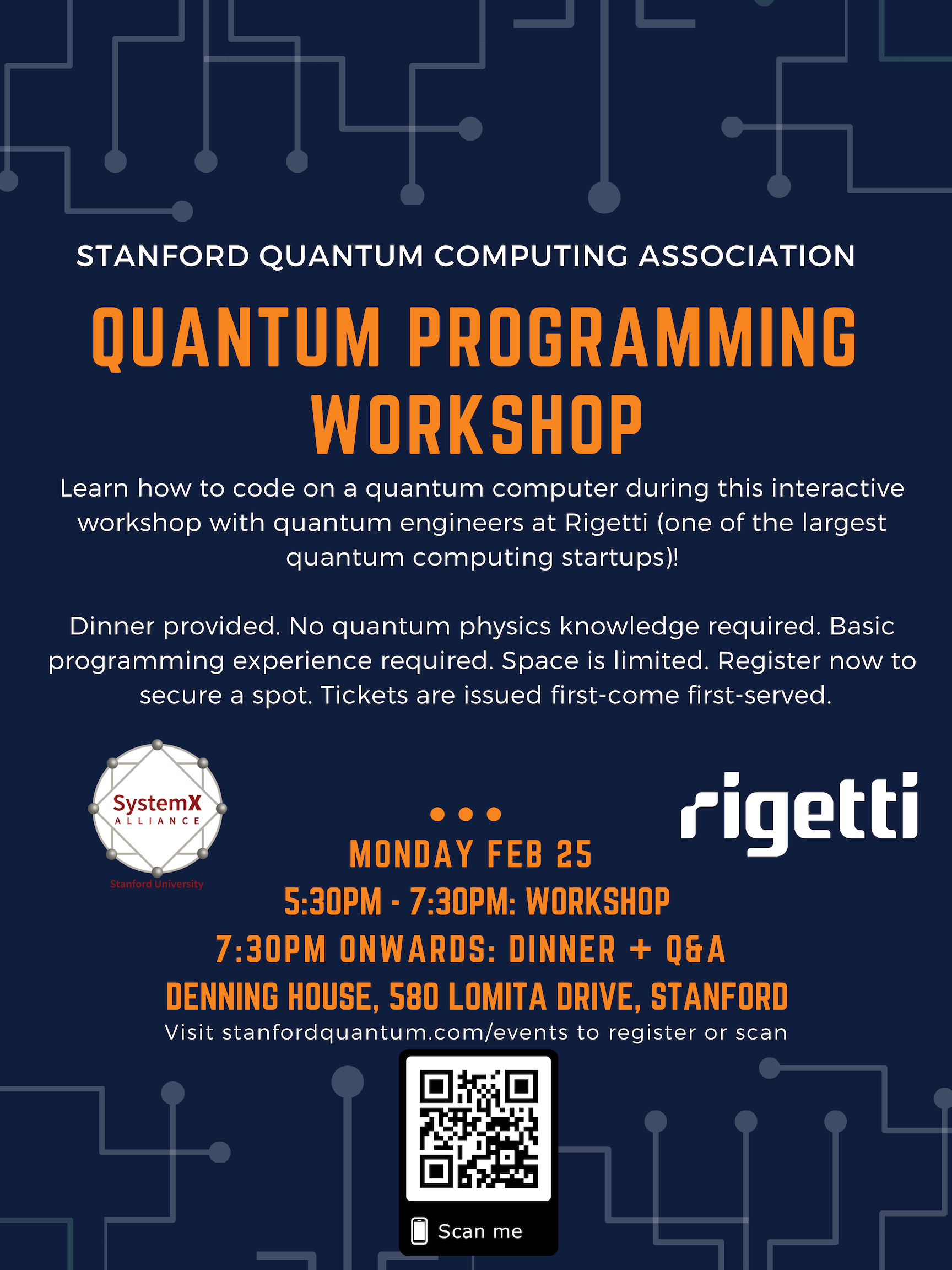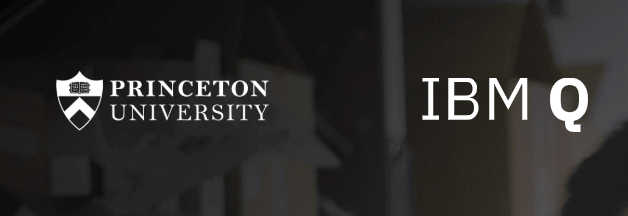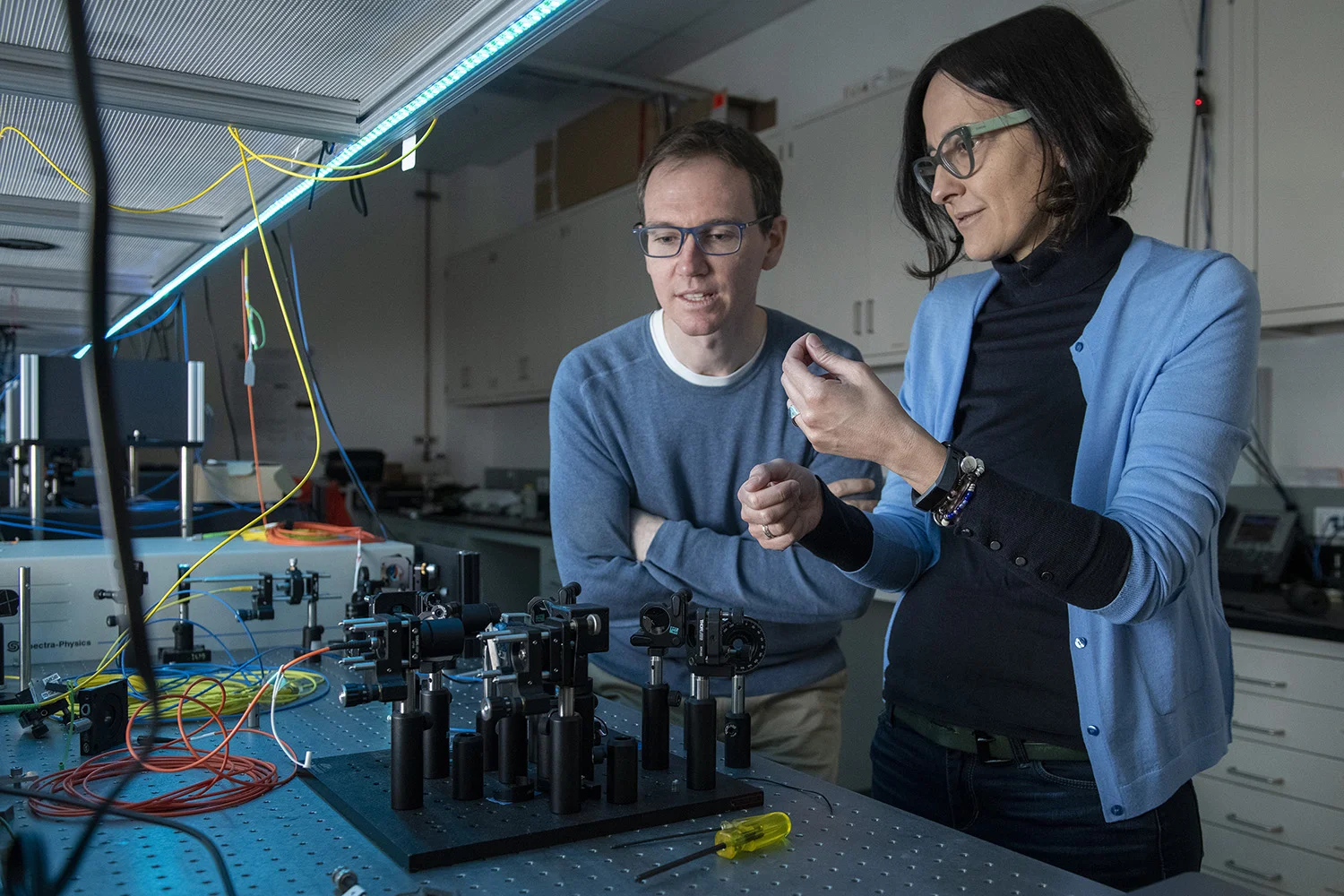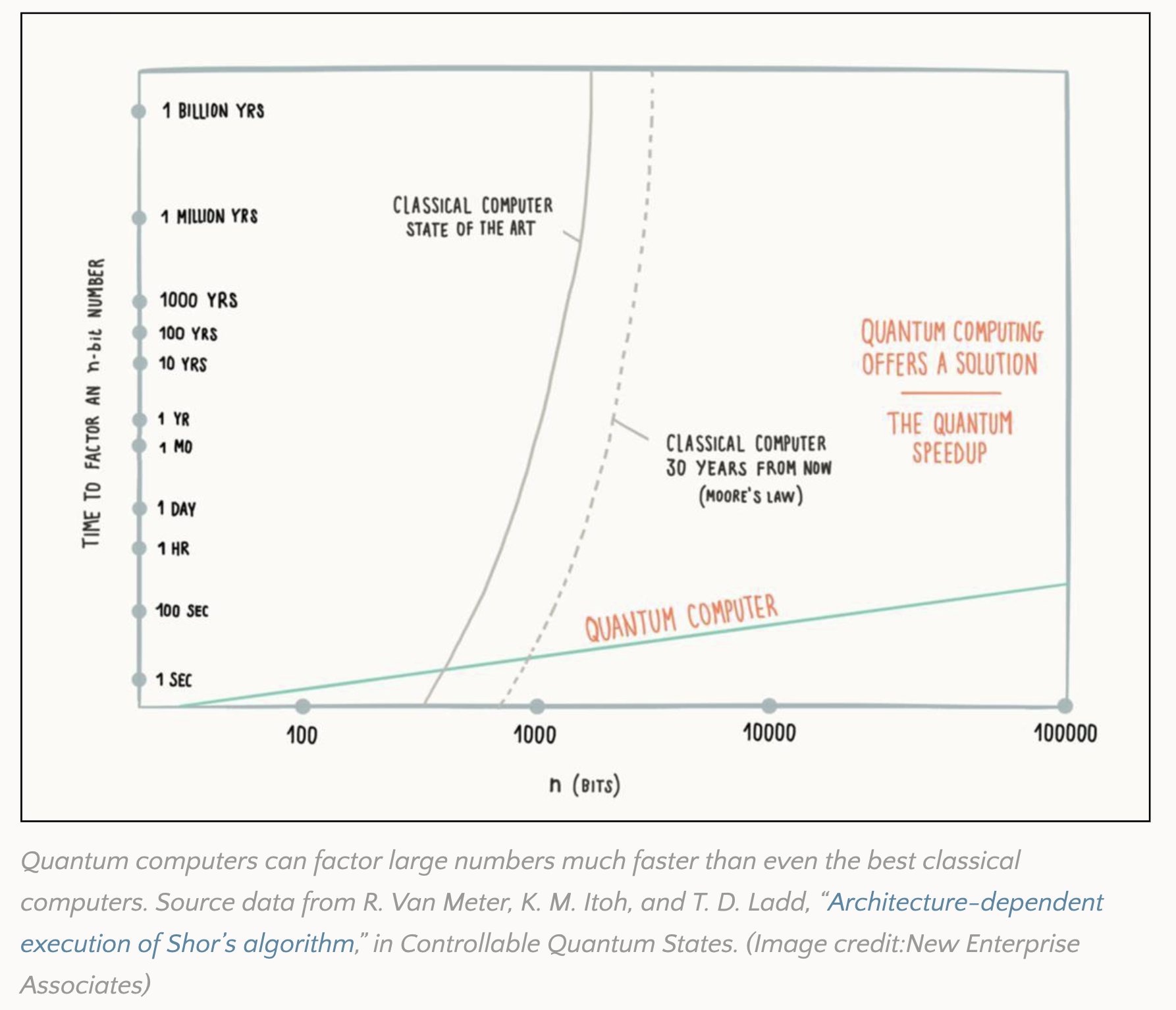This is the first newsletter from the Stanford Quantum Computing Association. If you are interested in receiving future newsletters, sign up here: https://www.stanfordquantum.com/join
In this newsletter you will find:
Upcoming Events: find out about events the Stanford Quantum Computing Association is organizing and register for them
Opportunities: Learn about internship, research and other opportunities within quantum computing
In the News: hear important news about quantum computing, both at Stanford and around the world
Did you know? Learn something new about quantum computing
Feedback Form: provide any feedback to the Stanford Quantum Computing Association including event suggestions
Upcoming Event
Quantum Programming Workshop
Learn how to code on a quantum computer! More details below.
Opportunity
Princeton will be starting a new summer undergraduate research program this year together with IBM Yorktown Heights called the: Quantum Undergraduate Research at IBM and Princeton (QURIP):
This unique 10 week program consists of six weeks of academic research at Princeton working at any quantum-related group, followed by four weeks at IBM working in the quantum computing group at Yorktown Heights. Housing and a stipend are offered at both sites. The whole program will be complemented by a summer seminar series with talks across a large range of topics in quantum information and different quantum platforms. This is a great opportunity for students to both perform cutting edge quantum research and get industry experience in a single summer.
The application deadline is February 28.
In The News
This February, Stanford has launched Q-FARM! This is a new initiative to bolster quantum research at Stanford. “Among Q-FARM’s initial priorities are the creation of postdoctoral and graduate fellowships and organizing research seminars where faculty, students and visiting scholars can present their research. Q-FARM will also focus on developing an educational program for undergraduate and graduate students to bolster the current curriculum.” Find out more at the Stanford News Announcement.
Quantum computers could potentially solve certain types of problems exponentially faster. In other words, a problem that could take 1 billion years to solve on a classical computer (the conventional computers you use today) could be solved in just 100 seconds on a quantum computer. The graph below shows such an example.
Feedback
Have any feedback and/or an event suggestion? Contact us.

